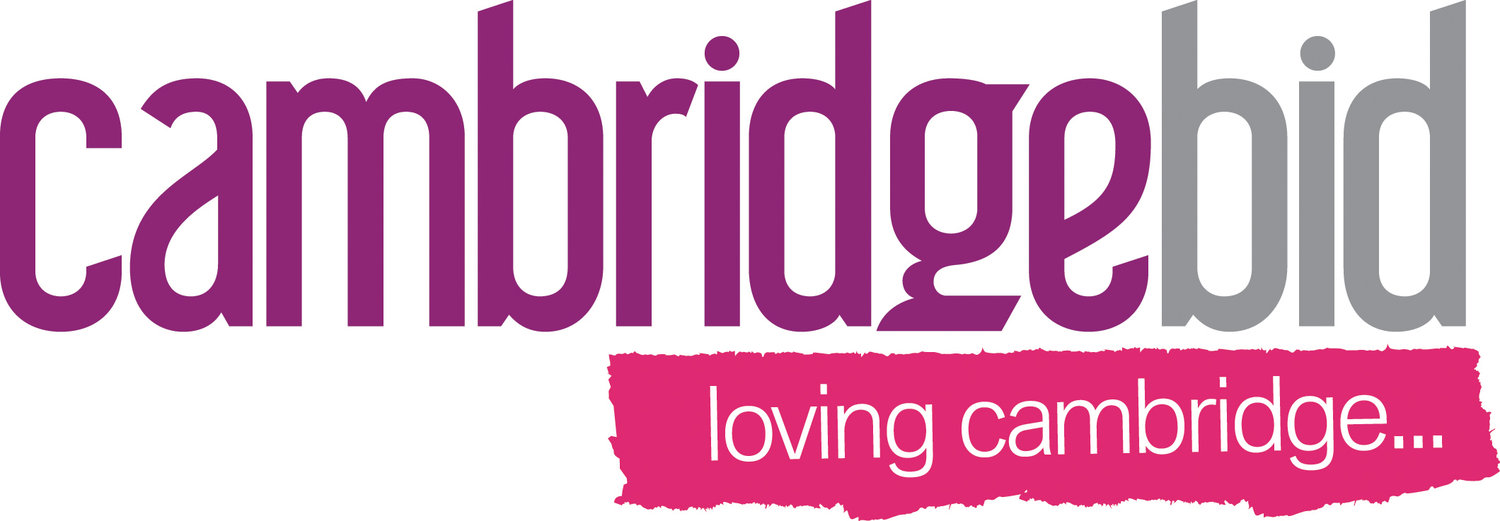As I am sure you are aware, the Prime Minister has announced a second national lockdown for England. You can view the full speech here. In summary, this lockdown comes into effect on 00.01 Thursday for 4 weeks (following a Commons vote on Wednesday and regulations published on Tuesday), so until 2 December 2020. After the four weeks, the Government will seek to ease restrictions, going back into the tiered system on a local and a regional basis according to the latest data and trends.
Key points from the Prime Minister's speech:
There is a new guidance page on gov.uk on the changes in England. Please be aware that this is initial topline guidance and more detail will be available in the coming days. Here are some key points:
The public must stay at home from Thursday, only leaving home for specific reasons, including:
For education
For work, say if you cannot work from home
For exercise and recreation outdoors, with your household or on your own with one person from another household
For medical reasons, appointments and to escape injury or harm
To shop for food and essentials
To provide care for vulnerable people, or as a volunteer.
Workplaces should stay open where people can’t work from home – for example in the construction or manufacturing sectors.
Single adult households can still form exclusive support bubbles with one other household, and children will still be able to move between homes if their parents are separated.
Information relating to businesses:
To reduce social contact, the Government has ordered certain businesses and venues to close. These include:
all non-essential retail, including, but not limited to clothing and electronics stores, vehicle showrooms, travel agents, betting shops, auction houses, tailors, car washes, tobacco and vape shops.
indoor and outdoor leisure facilities such as bowling alleys, leisure centres and gyms, sports facilities including swimming pools, golf courses and driving ranges, dance studios, stables and riding centres, soft play facilities, climbing walls and climbing centres, archery and shooting ranges, water and theme parks,
entertainment venues such as theatres, concert halls, cinemas, museums and galleries, casinos, adult gaming centres and arcades, bingo halls, bowling alleys, concert halls, zoos and other animal attractions, botanical gardens;
personal care facilities such as hair, beauty and nail salons, tattoo parlours, spas, massage parlours, body and skin piercing services, non-medical acupuncture, and tanning salons
Food shops, supermarkets, garden centres and certain other retailers providing essential goods and services can remain open. Essential retail should follow COVID-secure guidelines to protect customers, visitors and workers. Non-essential retail can remain open for delivery to customers and click-and-collect.
Playgrounds can remain open. Hospitality venues like restaurants, bars and pubs must close, but can still provide takeaway and delivery services. However, takeaway of alcohol will not be allowed.
Hotels, hostels and other accommodation should only open for those who have to travel for work purposes and for a limited number of other exemptions which will be set out in law.
Going to work:
To help contain the virus, everyone who can work effectively from home must do so. Where people cannot do so (for instance people who work in critical national infrastructure, construction or manufacturing) they should continue to travel to work/attend their workplace. This is essential to keeping the country operating and supporting vital sectors and employers.
Public sector employees working in essential services, including education settings, should continue to go into work . The risk of transmission can be substantially reduced if COVID-secure guidelines are followed closely. Extra consideration should be given to those people at higher risk.
Financial support:
The Coronavirus Job Retention Scheme will be extended through November. Workers in any part of the UK can retain their job, even if their employer cannot afford to pay them, and be paid at least 80% of their salary up to £2500 a month. The flexibility of the current CJRS will be retained to allow employees to continue to work where they can. Employers small or large, charitable or non-profit are eligible and because more businesses will need to close, they will now be asked to pay just National Insurance and Pensions contributions for their staff during the month of November – making this more generous than support currently on offer.
The Job Support Scheme will not be introduced until after Coronavirus Job Retention Scheme ends.
Here is a link to the new style Employment and Support Allowance.
Join our weekly business webinar:
The Cambridge BID team is here for – and on behalf of - businesses in the city. As ever we will continue to keep you updated when new information becomes available. We will be restarting our weekly business webinars which you are invited to join. The first one being this Friday at 9am.
When: Fri Nov 6, 2020 09:00 AM London
Register in advance for this meeting via this link.
Get in touch with us:
During this second lockdown period, the Cambridge BID will be signposting the essential retailers that remain open, restaurants offering takeaways, and shops in Cambridge with online stores, to encourage people to continue to support local. If you are an essential retailer, are offering a food delivery or takeaway service, have an online shop, or if there is any other way the BID can support your business during this difficult time, please do get in touch, at info@cambridgebid.co.uk


